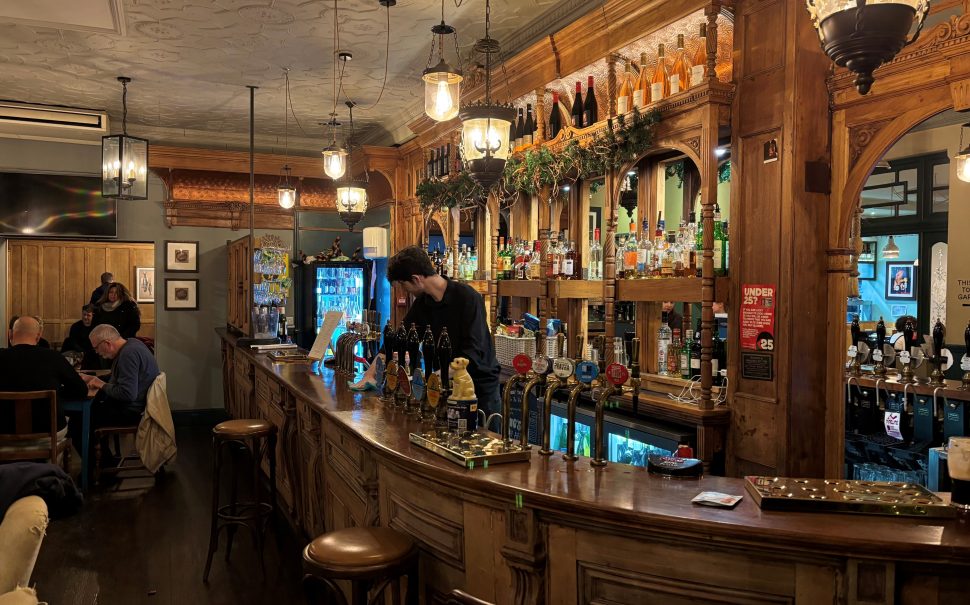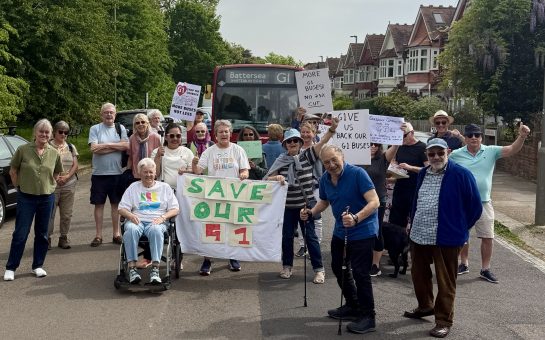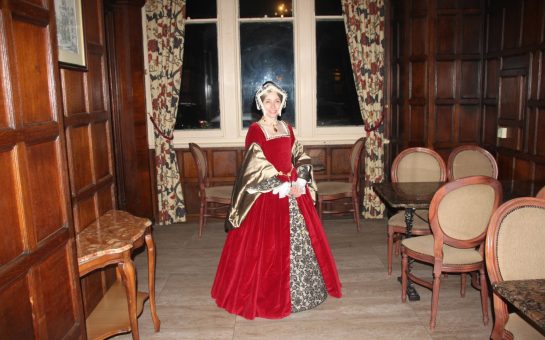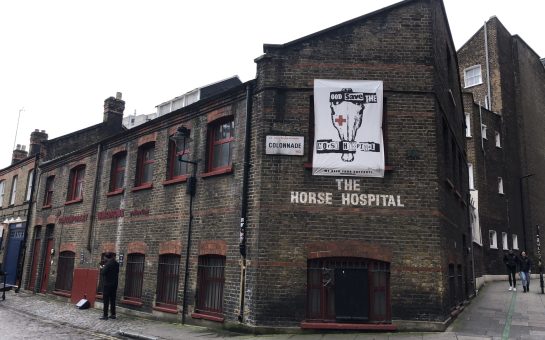London has lost nearly a thousand pubs in the last 20 years, with south west London being the area hit the hardest, Office for National Statistics (ONS) data shows.
Since 2004, one in five pubs have closed across greater London, however in south west London the proportion of closures is nearly one in three.
The ongoing cost of living crisis alongside the Covid-19 pandemic has significantly impacted the capital’s hospitality sector.
However, the magnitude of closures is not a recent issue and though the number of pubs in London has fallen from 4,455 in 2004 to 3,535 in 2024, the rate of closures has actually eased in recent years.
South east London has been affected the least with only 13% less pubs this year than in 2004, and has been recovering since 2012.
In south west London it’s a different story, showing the sharpest percentage decline with only 70% of pubs remaining.
For Chris Ford, who has been going to south west London pubs for 30 years, they play a big part in his social life and have a significant role in the local community.
He said: “It would be really sad to see more pubs go. Meeting people at the pub is actually really important to my week, I look forward to it, and I bet I’m not the only one.
“More and more you’ve got people spending time indoors on their own which is not great, especially when we’re talking about a mental health crisis at the moment and people suffering from loneliness.
“People at pubs are mixing, sharing stories, talking about how they’re feeling. Pubs let people connect.”
Now only 610 pubs remain across south west boroughs Croydon, Kingston upon Thames, Lambeth, Merton, Richmond upon Thames, Sutton and Wandsworth, despite there being 875 pubs in the area 20 years ago.
Croydon and Kingston upon Thames have seen the sharpest percentage decline, with the number of pubs in each borough nearly halving between 2004 and 2024.
South west London pub manager Anna Jarckiewicz believes significant overhead costs have been detrimental to pubs’ survival, but she also recognises the impact lifestyle changes have had since the Covid-19 pandemic.
She said: “There’s a different culture now when it comes to drinking. It’s changed massively over recent years.
“People aren’t going out as much or they’re cautiously choosing non-alcoholic options when they do go out. Everyone is into healthy drink choices.”
Jarckiewicz’s pub ‘The Ram’ is located in Kingston upon Thames, which is one of the worst-hit boroughs in south west London for pub closures along with Croydon.
Over the last month, Jarckiewicz has hosted seasonal events, quiz nights, live music, and themed evenings to ensure ‘The Ram’ remains at the centre of the Kingston community.
She said: “I’ve had to be more creative than ever before, and open-minded to new ideas to attract customers.
“A pub needs to try really hard to engage with local communities, target different demographics, and deliver an experience that is not just serving a pint.”
The British Beer and Pub Association believes pubs are a cornerstone of British heritage and has been striving to minimise ‘devastating’ closures since launching its ‘Long Live the Local’ campaign in 2018.
More recently, the association is concerned pubs won’t be able to cope with an increase in the cost of doing business following the Labour government’s budget in October.
UK chancellor Rachel Reeves announced a reduction in alcohol duty which will take a ‘penny off your pint’, aiming to boost demand for British pubs.
However, reduced business rates and higher employment costs are likely to put the hospitality sector under greater financial pressure.
A BBPA spokesperson said: “It is vital that the Government introduces meaningful business rates reform.
“They must reconsider the timing of the new employment costs so that pubs can continue to thrive and play their role as the heart of our communities.”
Amidst challenging times for the hospitality sector, the BBPA continue their campaigning to ensure British pubs are a part of the UK’s future.





